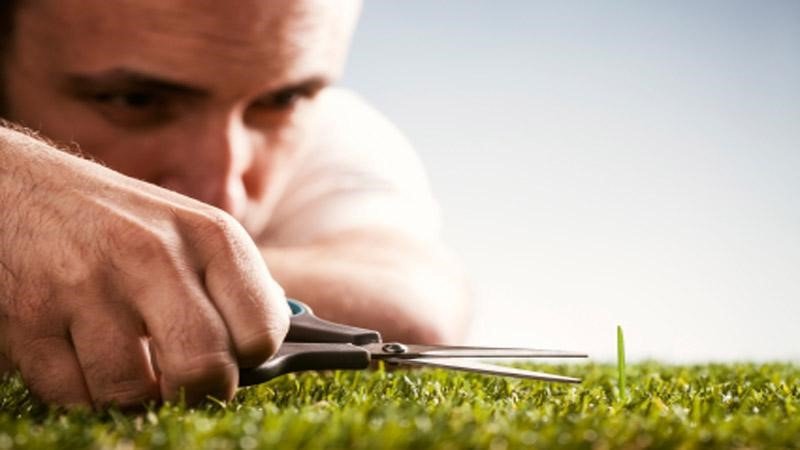Skip to:
- Give Today
- Contact Us
- Media
- Search
News & Stories
Leadership Development Program
Undergraduate Teaching Program
Common search terms

As I begin my second year as a teacher, I look back to the day that I first started this journey, on that day I stepped back into the classroom where I learnt algebra, discussed Oedipus Rex and learnt about ancient Egypt.
On that day, I hoped for perfection.
Since that day I’ve managed to strap myself into a ride that has transformed the way I think and talk, and I’ve had many successes along the way.
However, I’ve also made my fair share of mistakes and blunders that are too numerous to count; in fact, I make them on a daily basis.
There are not too many teachers out there that aren’t their worst critics. We leave school every day with the knowledge that we could’ve done more; sometimes we take this home with us too.
We doubt our abilities as teachers, we take small insignificant moments and blow them right out of proportion, and we take on our students’ ‘failures’ as our own.
I’ve sat down after marking a whole class’ tests and thought I must be the worst teacher ever… something I’m sure most teachers have thought at some stage in their career.
I’m happy to say that I’m not perfect, and I embrace it.
Acceptance of imperfection has allowed me to willingly tackle the most difficult obstacles that I’ve encountered in my life without hesitation and without knowing the outcome. It’s allowed me to see and do things that I wouldn’t have thought possible for myself not long ago. I see this in my class every day. My students are battling with this concept in their own unique ways.
I’m in awe of the resilience of my students for what they endure in their teenage years. Becoming a teacher has opened my eyes to the complexities that surround ‘growing up’ and how the interwoven intricacies of school, home, community and society each have a part to play in how each student responds to the challenge of perfection.
Some run away from it, thinking that they can never attain it — so what’s the point?
Others have anxiety and stress about trying to obtain it, to the point of breakdown.
Others try to just go with the flow to not have to think or deal with the challenge of reaching perfection.
As a teacher, I’ve tried to build my students’ academic resilience by not focusing on seeking perfection, but rather accepting and learning from mistakes in a healthy way. I’ve tried to teach them to not dwell on mistakes and to instead look for improvements and opportunities – growth mindset.
However, we as teachers can be our worst critics, teaching one thing and practicing another.
As a teacher, I’ve been carrying around an annoying itch for a while now, one that I’m not that fond of… guilt.
Guilt that I haven’t spent enough time with a struggling student, guilt that I haven’t spent enough time extending another, guilt that I haven’t spent enough time planning lessons, or that I’ve spent enough time giving feedback on assessments.
I leave school each day carrying this guilt home with me, wondering if there is enough time left in the day to accomplish the hundreds of things I can and should be doing for my students.
This is a new feeling to me as my previous life working in the corporate world allowed me to check in and check out mentally at the end of each working day. This feeling of guilt comes from the fact that I am not a perfect teacher and I feel at times I let my students down because of it.
However, early last year, I was comforted by the words of an experienced and exceptional teacher.
“The day that you teach the perfect lesson is the day that you should retire.”
This lesson has allowed me to focus on the importance of what I am doing, and how I should do it.
It’s not about teaching the perfect lesson, it’s not about producing the perfect worksheet, learning task, activity, assessment, marking rubric, nor giving the perfect performance in front of the class.
It’s about ensuring that I am the best teacher I can be for my students and ensuring that the imperfections that I have are not detrimental to achieving this.
The lessons that I teach my students should not be forgotten on myself.
So, as I look to this year of teaching, I look to embrace what makes me the best teacher I can be without worrying about trying to be perfect.
I believe, like the quote from Viktor E. Frankl about happiness, it is the very pursuit of perfection that thwarts perfection.
Perhaps we should therefore look for the perfection in being imperfect.